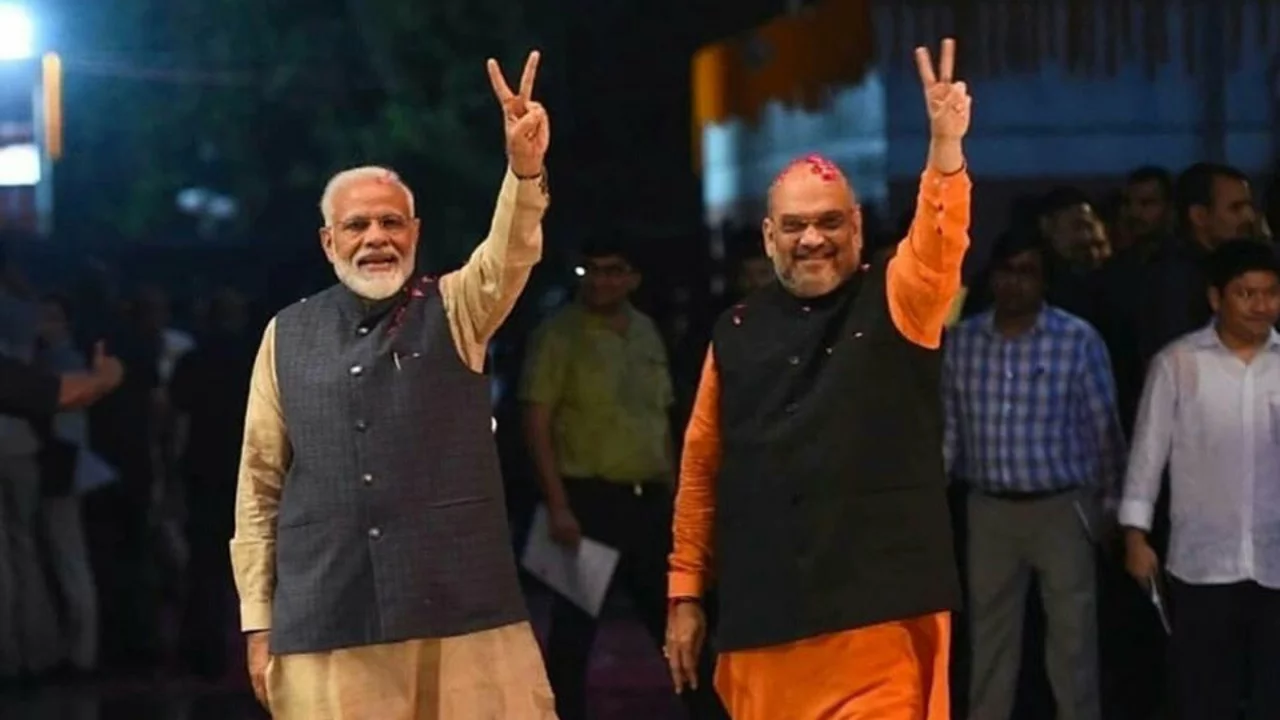The Controversial Abrogation of Article 370
In August 2019, the Indian government, led by Prime Minister Narendra Modi, took a monumental decision. The special status conferred to Jammu and Kashmir by the Indian constitution under Article 370 was revoked. This move has been highly controversial, with opinions varying widely. Amit Shah, the Home Minister of India, was one of the key figures behind this decision. He staunchly believes that Article 370 had no benefits for the country or for Kashmir. However, is this really the case? Let us delve deeper into this topic.
Amit Shah’s Stance on Article 370
Amit Shah has been quite vocal about his stance on Article 370. He firmly believes that the Article was a roadblock to the development of Jammu and Kashmir and that it did nothing good for the country. Shah has argued that due to Article 370, the region lagged behind in terms of development, education, healthcare, and employment opportunities. He also stated that it was a major cause of corruption in the region. But his most significant argument is that Article 370 was a hindrance to the complete integration of Jammu and Kashmir with the rest of India.
Understanding Article 370
Before we delve into the validity of Shah’s claims, let’s understand what Article 370 was. It was a constitutional provision that gave special status to Jammu and Kashmir. This meant the state had its own constitution, flag, and autonomy over its internal administration. The Indian government needed the state government's concurrence for applying laws in the state, except in defense, foreign affairs, and communications. This provision was meant to respect the unique conditions under which Jammu and Kashmir acceded to India.
The Impact of Revoking Article 370 on Kashmir
One of the biggest claims made by Shah was that the revocation of Article 370 would lead to the economic development of Kashmir. However, the ground reality appears to be different. Post revocation, the region has seen a significant economic downturn. The internet shutdown that followed the revocation has hit businesses hard, especially those that relied on the internet. The tourism industry, a major source of income for the state, also suffered a major blow. Furthermore, the lockdowns and curfews have disrupted normal life and economic activities.
Did the Revocation Benefit the Country?
Another argument made by Shah is that Article 370 was a hindrance to the complete integration of Jammu and Kashmir with the rest of India. The revocation certainly did away with the symbolic separateness of Jammu and Kashmir. However, the question of integration is more than just a matter of law. It is about winning the hearts and minds of the people. The manner in which the revocation was carried out, with little consultation with the people of Kashmir, has unfortunately alienated many. The internet shutdowns and restrictions on movement have drawn international criticism.
In conclusion, while Amit Shah firmly believes that there were no benefits to the country or Kashmir from Article 370, the reality seems to be a bit more complex. The impact of the revocation on the economy of Kashmir and on India's international standing suggests that the issue is far from being black and white. Perhaps, it is time for a more nuanced conversation about Article 370 and its revocation.
